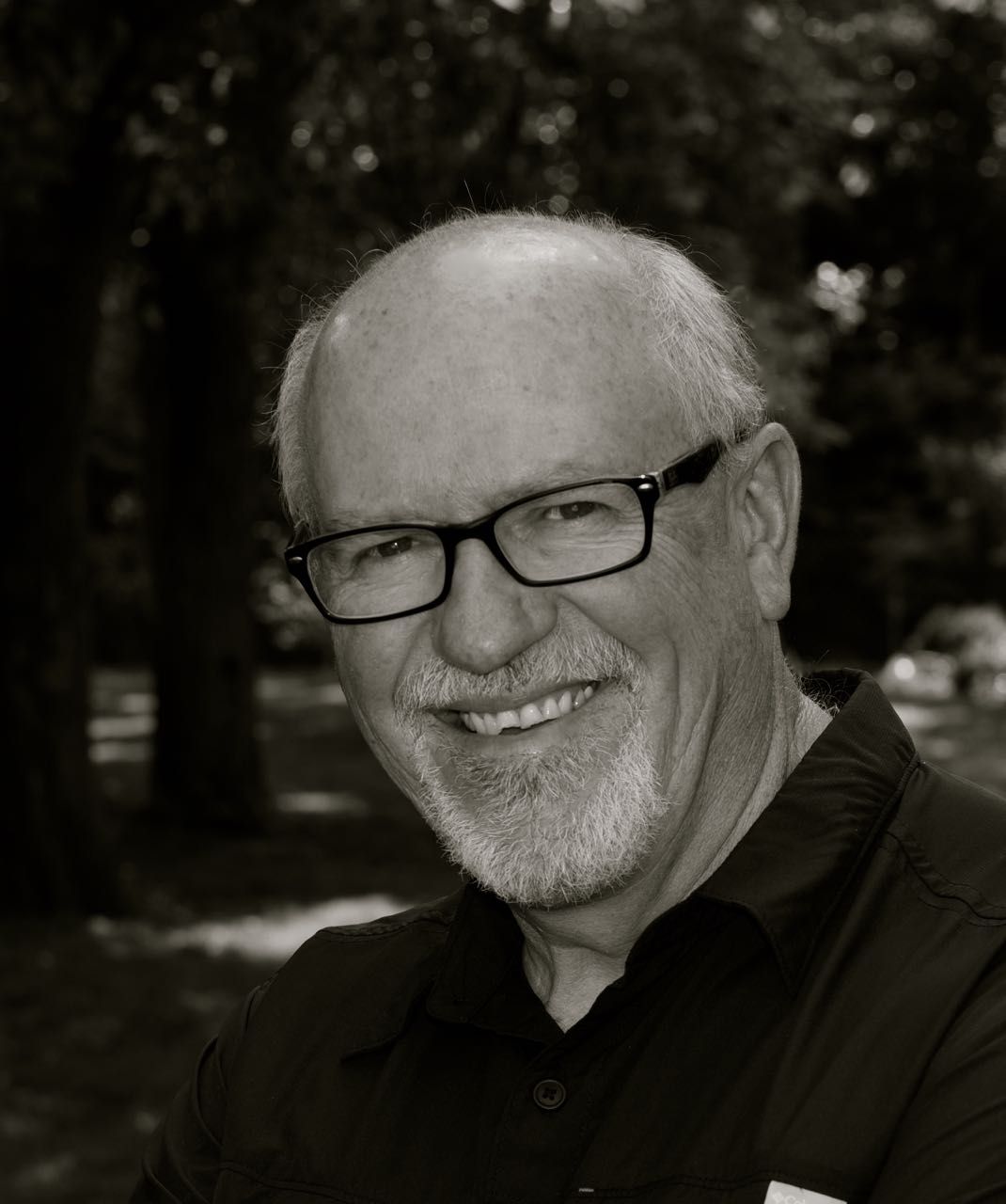I approached the old man in the wheelchair and noticed he was blind. His black baseball hat –which sat crooked on his head- read, “Korean War Vet.” He had a bit of a mustard stain on his bright red shirt. Family members, hovering near, described to him what he was unable to see.

A sea of bright red t-shirts looked like a field of poppies on the veranda on the Nation’s Capitol. Frail hunched bodies of octogenarians either leaning on canes or nestled in wheelchairs dotted the landscape.
“Excuse me, sir.” I said as I drew near and reached down to find his hand to shake. “I just want to shake your hand and thank you for all you did for our country.”
“Young man,” he shot back with a strong but gravelly voice, “I’d do it again if I had the chance. I’d sign up today if they would let me. I love my country. I am proud to be an American!”
With the current political debate raging and the mudslinging that accompanies, this grizzled old vet was a reminder of those who made America great, or as Tom Brokaw called them, “The Greatest Generation.”
I’m not military, but I desperately wanted to salute him and all the other soldiers who gathered around. But I didn’t; yet I did shake their hands.
My Dad, who has been gone for some time, deeply lamented the fact that he was rejected from fighting in WWII because of a heart condition (which later took his life).
I came to adolescence at the end of the Vietnam War. The shift in one generation between men who considered it shameful not to give their lives in war to a generation that dodged the draft is not something the blind soldier would understand.
I’ve been in some of the grandest cathedrals man has ever erected, walked through the streets of Jerusalem, yet have found few places that felt as sacred as being around those vets that day at our Nation’s Capitol.
I didn’t catch his name, but I did catch his patriotism.
I’m proud to be an American, too.
